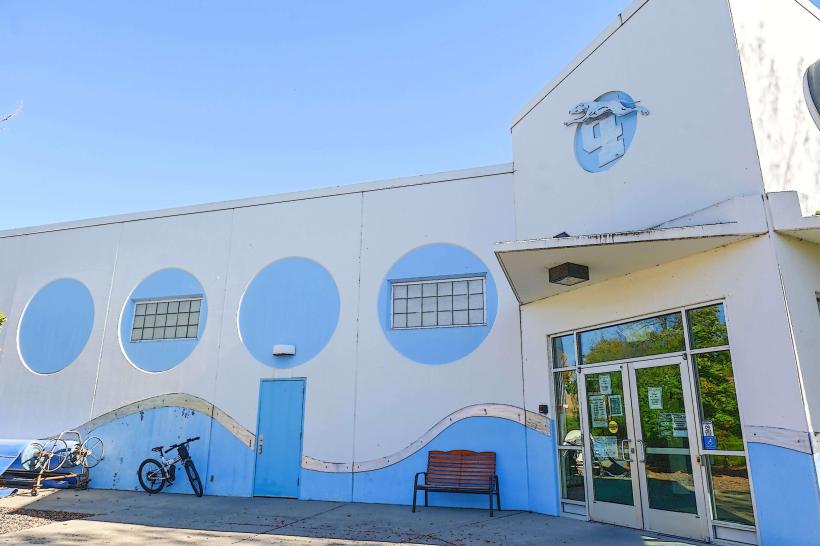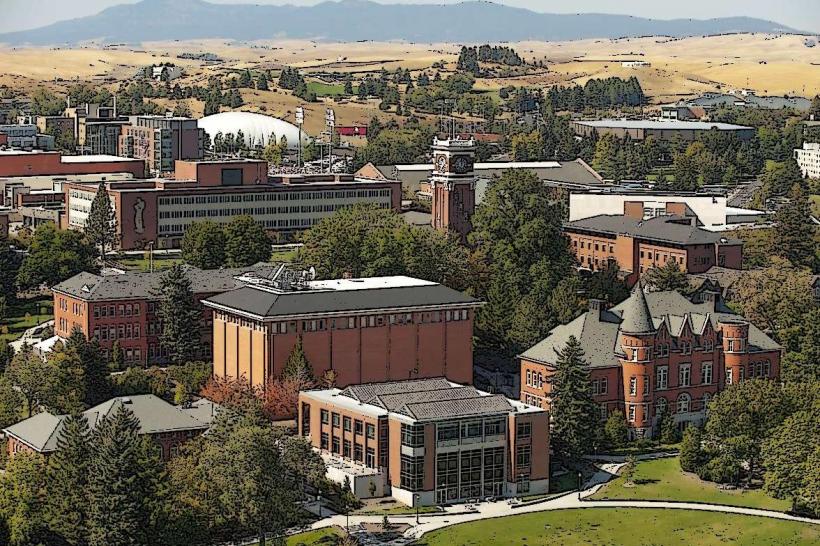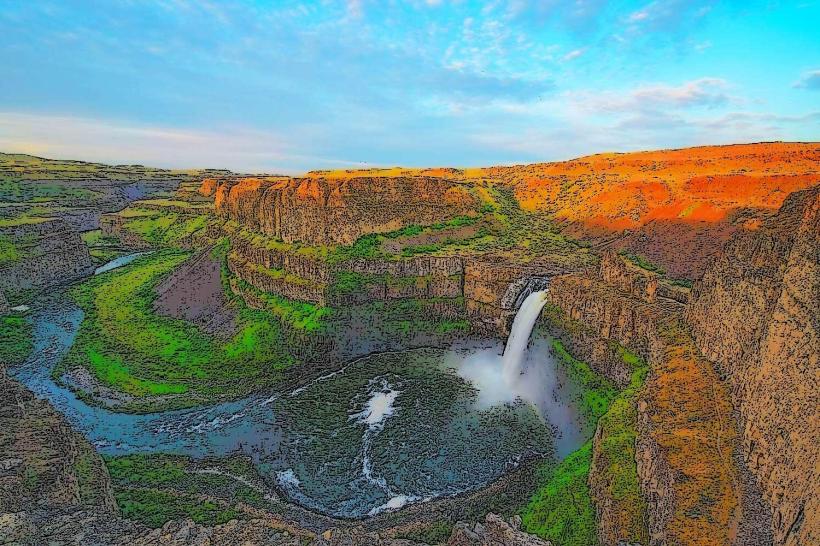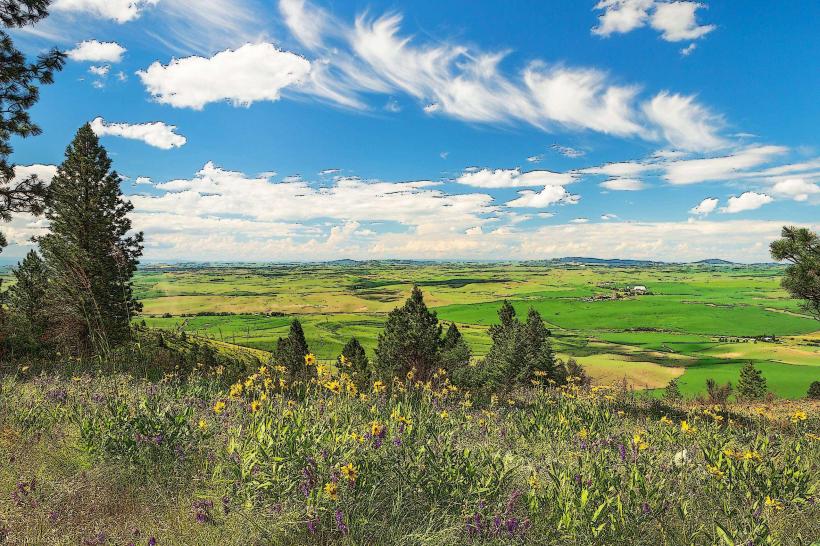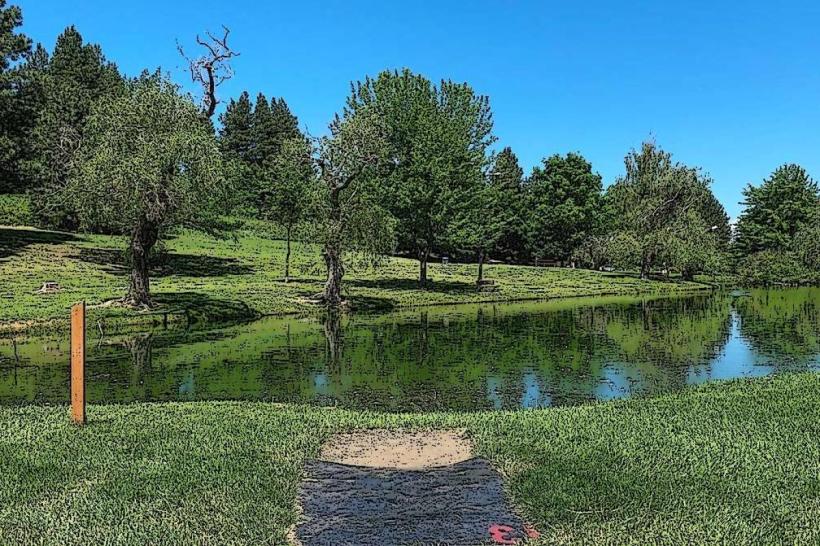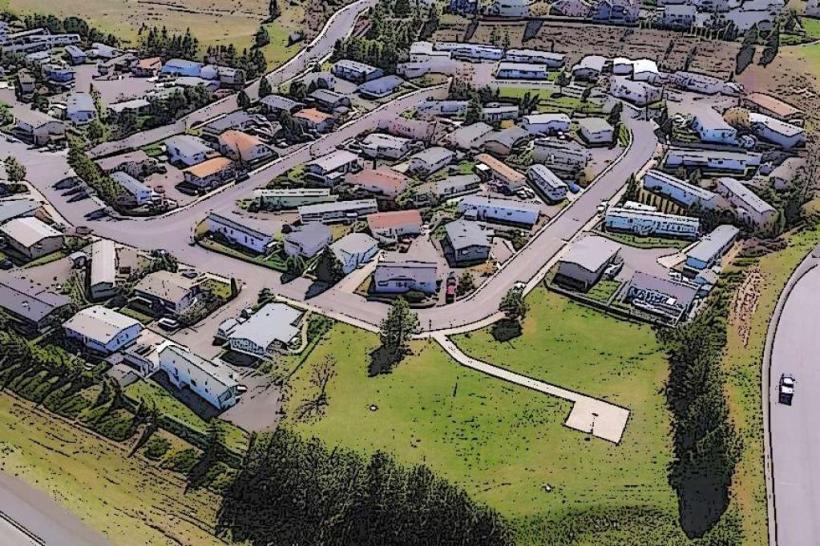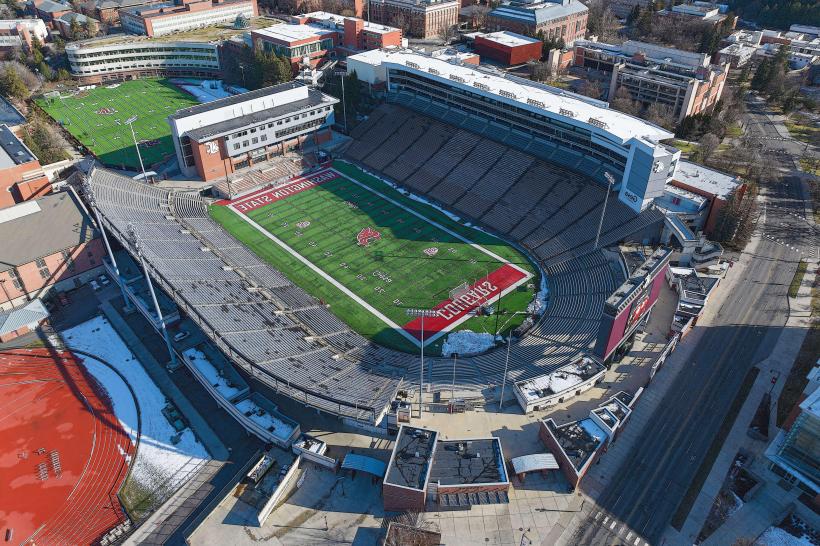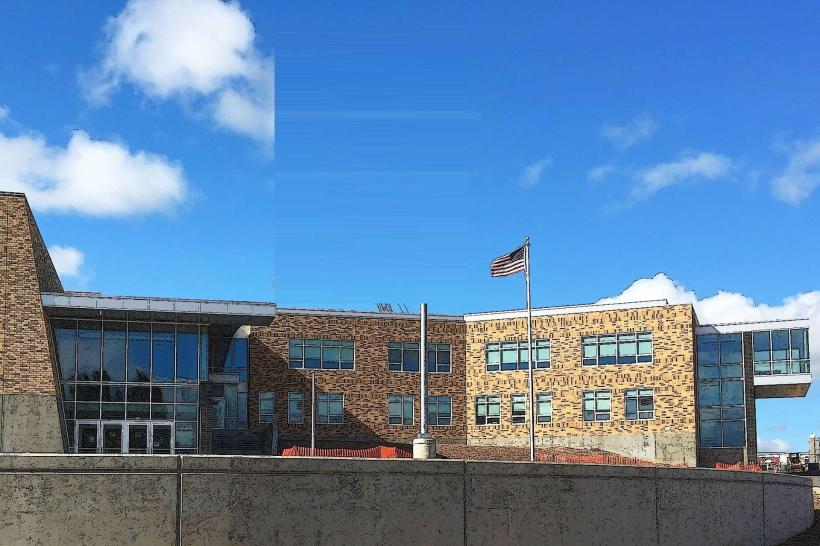Information
Landmark: Mary’s ParkCity: Pullman
Country: USA Washington
Continent: North America
Mary’s Park, Pullman, USA Washington, North America
Mary’s Park in Pullman, Washington, is a groundbreaking and thoughtfully designed public space dedicated to inclusivity and accessibility. As Pullman’s first fully ADA-compliant playground, it represents a major community achievement aimed at ensuring children of all abilities have equal opportunities to enjoy outdoor play and social interaction in a safe, welcoming environment.
Location and Size
Mary’s Park is located at 1570 SE Johnson Avenue, encompassing approximately five acres of land. This sizeable area allows for a diverse range of play features and natural landscaping elements that contribute to an enriching outdoor experience for visitors.
Design and Accessibility Features
The park’s design prioritizes accessibility for children with physical, sensory, and cognitive disabilities. It includes two primary themed play areas:
Forest-Themed Playground: This area offers climbing structures, slides, and interactive elements inspired by natural woodland settings. All pathways leading to and within this section are fully wheelchair-accessible, with ramps and smooth surfaces.
Train-Themed Playground: Designed around the imaginative concept of trains, this section includes various play equipment like climbing frames and playhouses, similarly equipped with accessible ramps and surfaces.
The entire park features SpectraTurf, a resilient rubberized surface that allows easy mobility for wheelchairs, walkers, and other mobility devices, while also providing a safe cushioning effect to reduce injury risk.
Specialized Inclusive Equipment
Mary’s Park includes several unique pieces of playground equipment designed to be used by children of all abilities:
Brava Universal Swing: Unlike traditional swings, this swing can be operated using upper body or core strength, making it accessible for children with limited mobility.
Cozy Cocoon: A rotating, enclosed play structure designed to provide a soothing sensory experience, particularly helpful for children who may become overwhelmed by overstimulation.
Musical Garden: An interactive area featuring instruments like xylophones, chimes, and conga drums, encouraging children to explore sound and rhythm, stimulating both sensory and cognitive development.
Natural and Educational Elements
In addition to play structures, Mary’s Park incorporates a wetland pathway designed as an interpretive trail. This feature was conceptualized and constructed with input from Washington State University landscape architecture students and includes native plants alongside educational signage explaining the local wetland ecosystem. This element provides an outdoor classroom atmosphere, encouraging environmental awareness and learning.
Community Involvement and Development
Mary’s Park is the product of over a decade of planning and community collaboration. The land was donated in 2010 by the Herb Neil estate, initiating a long-term project supported by local organizations such as the Pullman Kiwanis Club and dedicated fundraising efforts that exceeded $400,000.
Washington State University students contributed significant design and construction work, particularly in the musical garden and wetland pathway components, highlighting the partnership between the university and the city.
Future Enhancements
Ongoing development plans for Mary’s Park include paving the currently gravel parking lot to improve access and adding ADA-compliant restrooms and picnic shelters. These future improvements aim to enhance the overall visitor experience and make the park even more inclusive and user-friendly.
Visitor Information
Mary’s Park is open daily from dawn to dusk, welcoming families, schools, and community groups. Its location on SE Johnson Avenue makes it easily accessible, with parking available on-site. The park serves as both a recreational space and a community landmark symbolizing Pullman’s commitment to accessibility and inclusion.
Mary’s Park stands out as a model of how thoughtful design and community dedication can create a truly inclusive environment, fostering play, learning, and social connection for children of every ability. It represents a vital resource for Pullman, promoting equity in outdoor recreation and enhancing the quality of life for residents and visitors alike.

